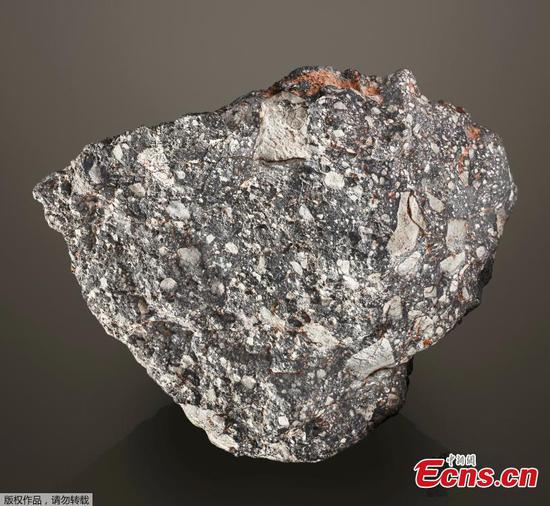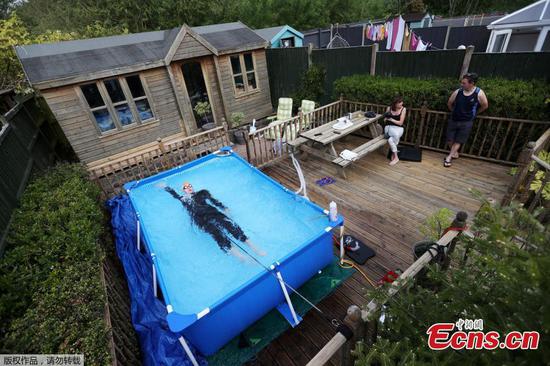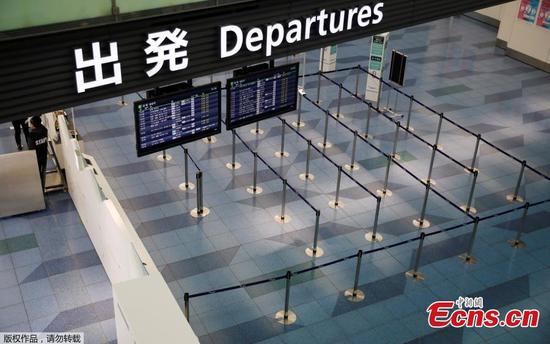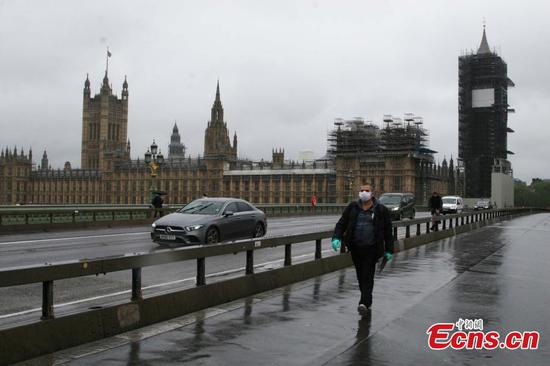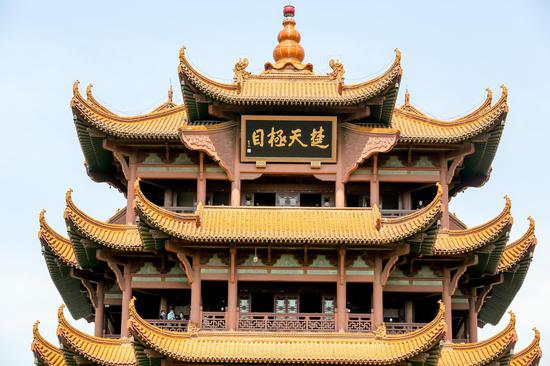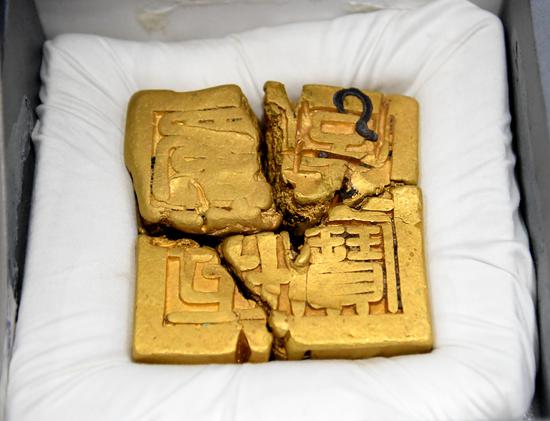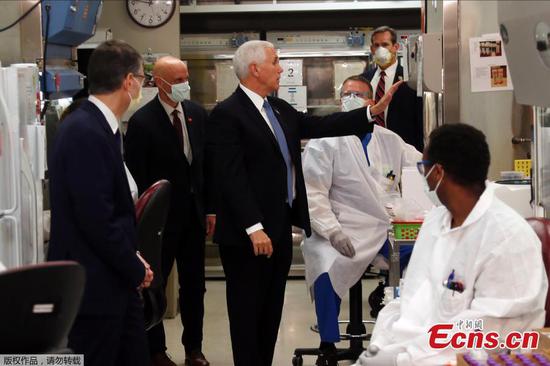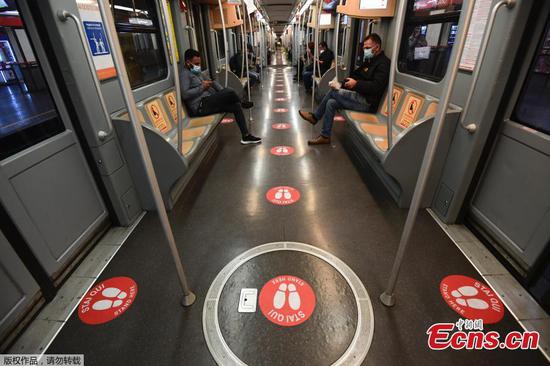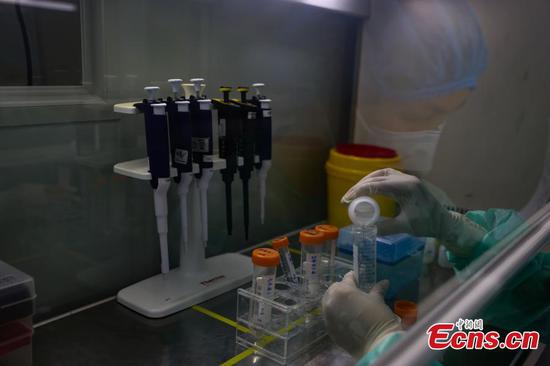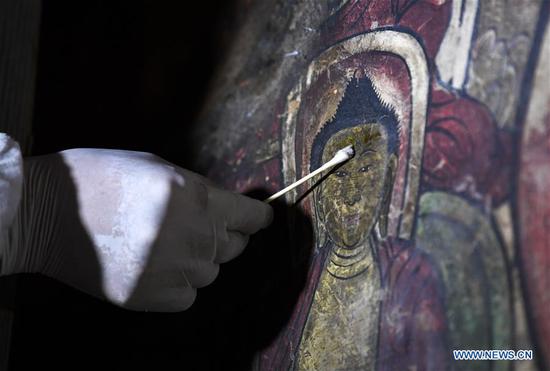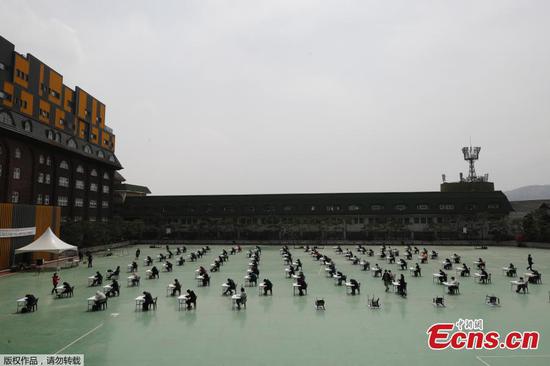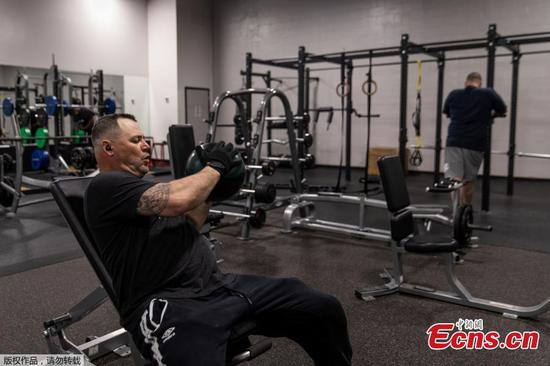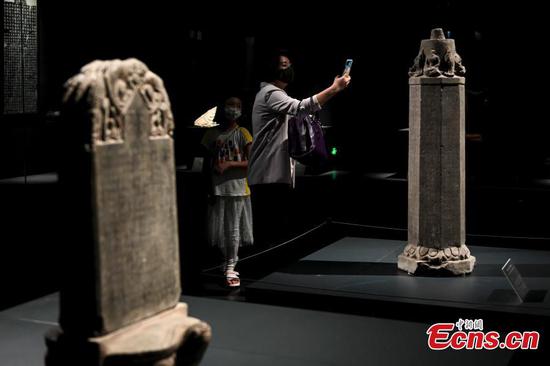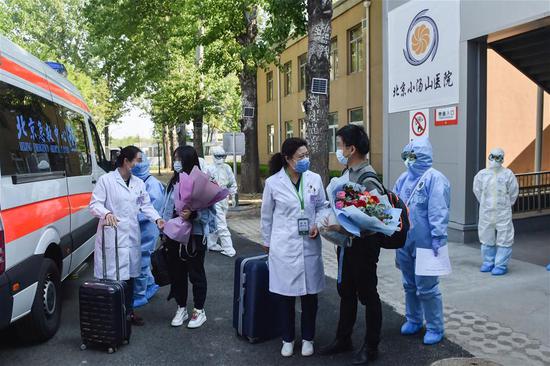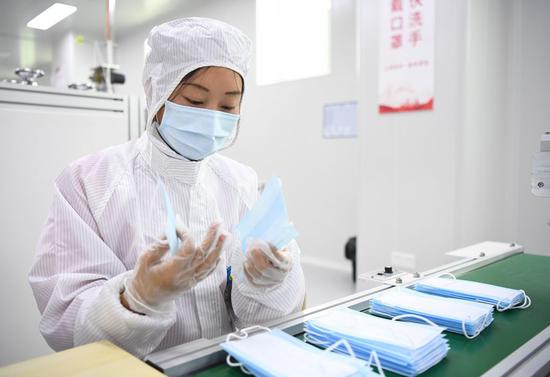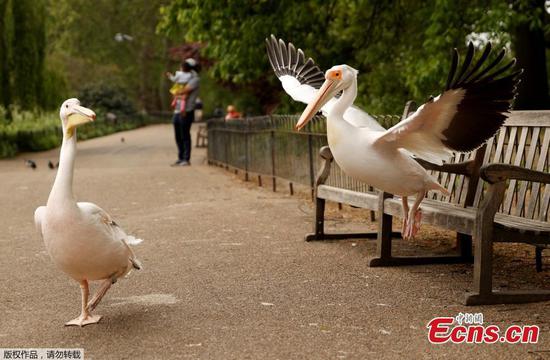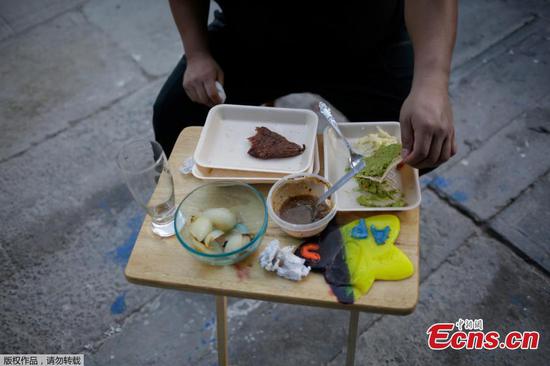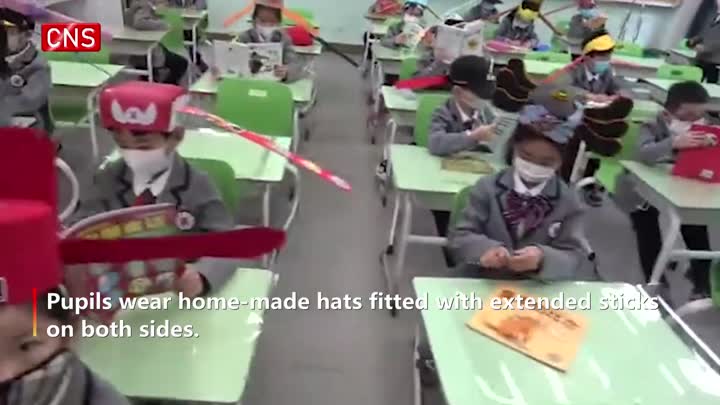A U.S. senator's suggestion that Chinese students be denied visas if they plan to enroll in science and technology programs has caused alarm in the academic community.
During an interview on Fox News on Sunday, Senator Tom Cotton, a Republican from Arkansas, proposed restricting Chinese students' enrollment in science-related programs at American universities.
Cotton, a frequent critic of China, has previously claimed that a Chinese laboratory manufactured the coronavirus.
"Good researchers are good researchers, and I don't think there's any reason to discriminate against anyone, based on where they are from," said Professor Ella Atkins of the University of Michigan's Aerospace Engineering Department.
Cotton said it was a "scandal" that the U.S. has trained so many Chinese students to "go back to China to compete for our jobs, to take our business, and ultimately to steal our property and design weapons and other devices that can be used against the American people".
"If Chinese students want to come here and study Shakespeare and The Federalist Papers, that's what they need to learn from America. They don't need to learn quantum computing," the lawmaker added.
He went on to argue that the U.S. needs to take "a very hard look" at the visas that it grants Chinese nationals who come to the U.S. to study, especially at the postgraduate level in advanced scientific and technological fields.
Atkins, who has worked with students and colleagues from Asia, described Cotton's comments as "uninformed".
"I think that if the goal is to have a high-quality education and research environment in our universities, we need to make sure we have the highest-quality students and faculty and staff at these universities, and there's no way to do that when we eliminate large sectors of the population," she said.
Over the years, she has taught a number of Chinese students, many of whom have gone on to pursue successful careers, including a student who went on to a job at NASA, Atkins told China Daily.
"I think all of us at the university very much hope that the student visa process will not be affected. We also hope that our graduates, regardless of what countries they come from, are able to contribute to the workforce", whether they stay in the U.S. or not.
Atkins said that "we really have the need for worldwide collaboration" in technology.
Richard Voyles, director of the Robotics Accelerator at Purdue University, said Chinese engineering and technology students are crucial to U.S. research.
"While it's a shame that we can't get more U.S. students to enter graduate schools in engineering and sciences, the pipeline of Chinese graduate students is absolutely critical to United States innovation," he said. "Certainly the more Chinese students we could keep in this country, I think the better off we would be."
"I do think that there are differences in approach on various science and technology priorities, that I think are important to smooth out between the U.S. and China, I think they are critical to the success in the future of both countries," he added.
Steven Mercer, an education consultant based in Santa Monica, California, called the senator's comments "highly partisan".
"I think it represents a highly politically biased point of view, and it doesn't really represent the reality of how values of higher educational institutions around the world work," he added.
On social media, Cotton's proposal has stirred vigorous debate, but many users criticized his comments as having racial undertones and being counterproductive to economic development.
"It's not every day you hear an argument for xenophobic nationalism in academia that also suggests annexing Shakespeare from the UK," wrote Raja Krishnamoorthi, a congressman who represents Illinois' 8th Congressional District.
"So, Sen. Tom Cotton wants to restrict Chinese students from studying the STEM [science, technology, engineering and mathematics] subjects they have successfully leveraged to make massive contributions to the U.S. Technology industry and to the U.S. economy in general? Huh ? Has the GOP given up on economics and U.S. competitiveness?" asked Patrick Adamiak on Twitter.
The rate of growth in the number of Chinese students headed to the U.S. though has slowed amid the Trump administration's more stringent approach to immigration.
A recent survey organized by Amherst College found that 87 percent of high school counselors in China said Chinese students and parents are reconsidering plans to study in the U.S..
According to the survey, which was based on responses from 54 school-based college counselors, 85 percent of respondents said the "Trump administration's unpredictable policies toward Chinese students" was their biggest concern.
"This breaks my heart. U.S. institutions, students, faculty have, for decades, benefitted a great deal from PRC student perspectives, intellectual contributions," Pat Giersch, a history professor at Wellesley College, wrote on Twitter in response to the survey.
Voyles, at Purdue, said he plans to recruit more Chinese students in the summer, but is worried about the visa process due to the shutting down of consulates as a result of the COVID-19 pandemic.
"The extremists like Senator Cotton are going to say things that are not kind. That doesn't mean that the average person in the U.S. or at a major university like the University of Michigan agrees with him," Atkins added.









